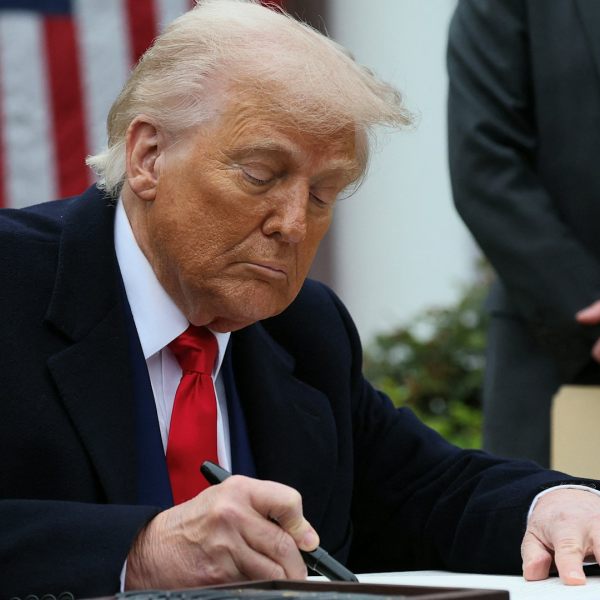FTX warns that creditors in restricted countries could miss payments
- FTX may withhold payments in regions such as China and Russia
- Crypto asset distribution depends on local legal compliance
- Creditors have 45 days to contest judicial exclusions
FTX Recovery Trust has filed a proposal with the court to manage the distribution of payments to creditors located in jurisdictions classified as potentially restricted, including China, Russia, Pakistan, Ukraine and Saudi Arabia. The measure affects 5% of the estimated $16 billion in claims, with China accounting for 82% of that total.
The proposal calls for hiring local legal counsel to assess whether the distribution of crypto assets can be carried out legally in these countries. If compliance is not feasible, payments would be suspended and the respective amounts would return to the fund, which would redistribute the resources among the other creditors.
According to the document, “Distributions that cannot be made due to the unlawfulness of doing so under the laws of a Restricted Foreign Jurisdiction will not be made and any interest in such Distribution will revert to the FTX Recovery Fund.”
The proposal includes the creation of a formal objection procedure. If the fund determines that a jurisdiction is restricted, creditors will be notified and given 45 days to file objections. If no objections are received or are rejected, payments will be cancelled.
The hearing that could approve these measures is scheduled for July 22. If approved, the FTX Recovery Trust team will begin the process of notifications, legal assessments, and handling of potential challenges, while keeping overall claims processing ongoing.
FTX currently works with three distributors, including Payoneer, to enable payments in 93 jurisdictions. However, users on social platforms continue to report geo-exclusions even after the expanded support.
“I will definitely take action and raise objections at every step,” said X-Net user @zhetengji, referring to China’s proposed exclusion. For many creditors in these regions, legal uncertainty and uncertainty about payments are adding to the frustration of recovering crypto assets.
I've already contacted my lawyer in New York and am waiting for her response.
I will definitely take action and will raise objections at every stage.
I also hope more people will step up. We can't just sit and wait—this is absolutely unreasonable.
While mainland China does not…
— Will的折腾纪 (@zhetengji) July 3, 2025
Disclaimer: The content of this article solely reflects the author's opinion and does not represent the platform in any capacity. This article is not intended to serve as a reference for making investment decisions.
You may also like
The Next "Black Swan": "Tariff Refund Mega Deal", Wall Street and Individual Investors Are Placing Bets
Individual investors are participating in this game through emerging prediction markets such as Kalshi and Polymarket.

Since the U.S. legislation in July, stablecoin usage has surged by 70%!
After the "Genius Act" was passed in the United States, stablecoin payment volumes surged, with August transactions exceeding 10 billion USD. Nearly two-thirds of this amount came from inter-company transfers, making it the main driving force.

BlackRock Shifts $500 Million Funds to Polygon Network
In Brief BlackRock transfers $500 million to Polygon, enhancing blockchain integration in finance. The move shows increased trust in blockchain-based financial structures. It indicates a trend towards decentralization and long-term structural change in finance.

XRP Eyes $27 Target After Breakout Confirms Multi-Year Bullish Pattern

